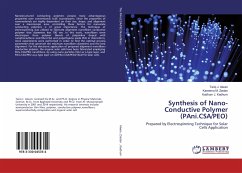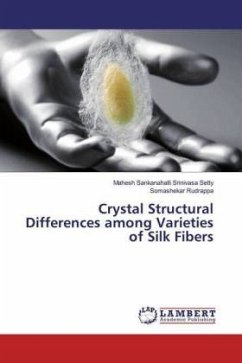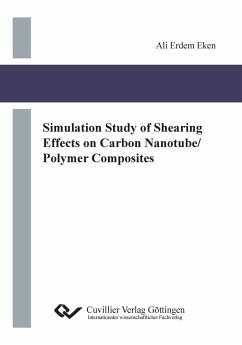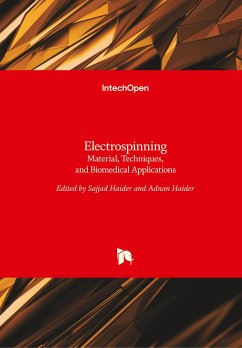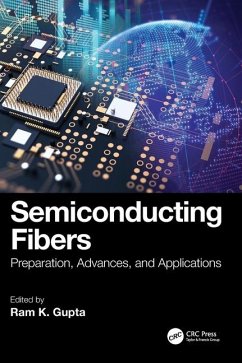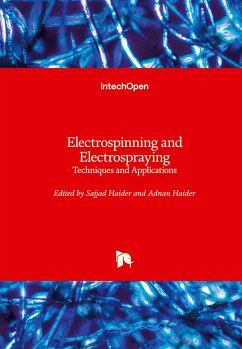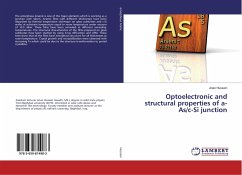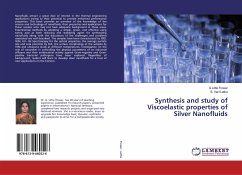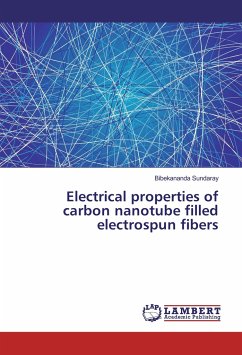
Electrical properties of carbon nanotube filled electrospun fibers
Versandkostenfrei!
Versandfertig in 6-10 Tagen
43,99 €
inkl. MwSt.

PAYBACK Punkte
22 °P sammeln!
Electrospinning is a simple non-mechanical method of preparation of polymeric fibers in the range of 10nm to 10 mim by accelerating a charged polymer jet in a very high electric field. The fibers obtained by this process are randomly oriented in the form of non woven fabric. Details of design and fabrication of electrospinning setup to get continuous and well aligned fibers over large area are discussed. The present work concerns with the results of investigations of electrical properties of electrospun fibers of polymer-carbon nanotube nanocomposites. Nanocomposites of two different matrices ...
Electrospinning is a simple non-mechanical method of preparation of polymeric fibers in the range of 10nm to 10 mim by accelerating a charged polymer jet in a very high electric field. The fibers obtained by this process are randomly oriented in the form of non woven fabric. Details of design and fabrication of electrospinning setup to get continuous and well aligned fibers over large area are discussed. The present work concerns with the results of investigations of electrical properties of electrospun fibers of polymer-carbon nanotube nanocomposites. Nanocomposites of two different matrices and two types of CNT (SWCNT and MWCNT) as filler were taken up for detailed study. The enhancement of electrical conductivity with loading of CNTs was investigated from the single fiber electrical conductivity measurement. The charge transport mechanism was studied from temperature dependent electrical conductivity measurement.



